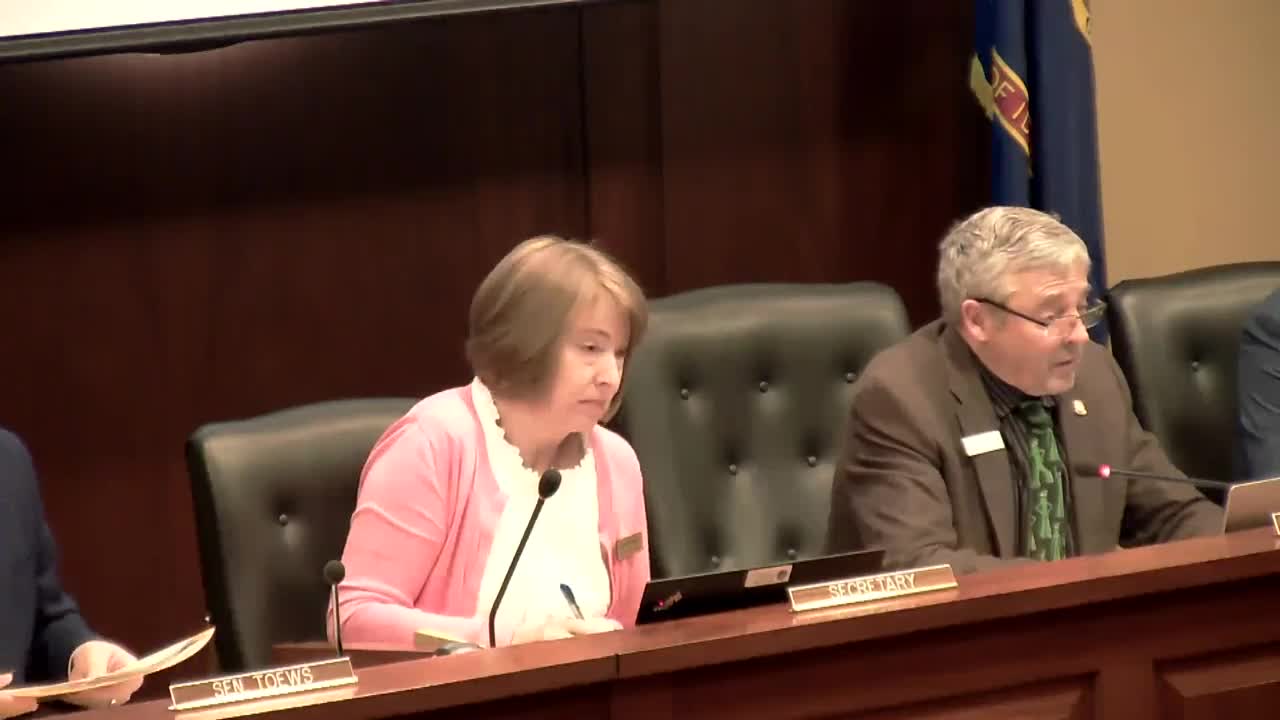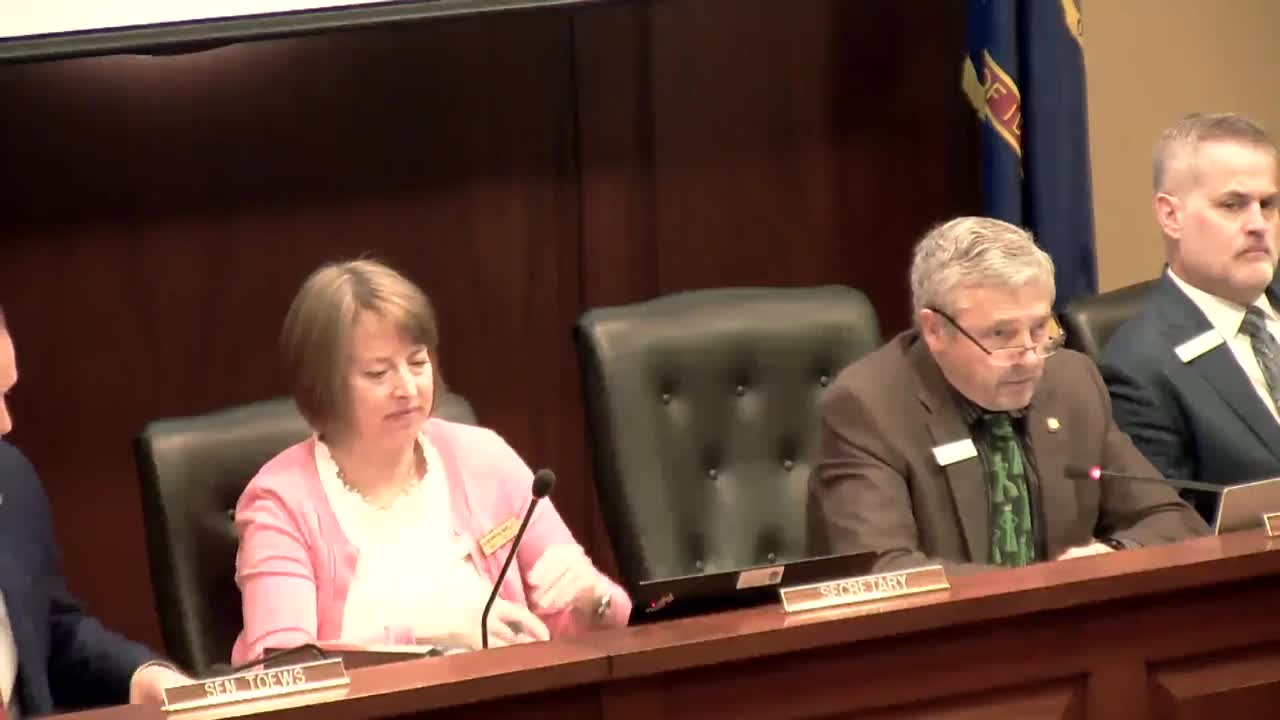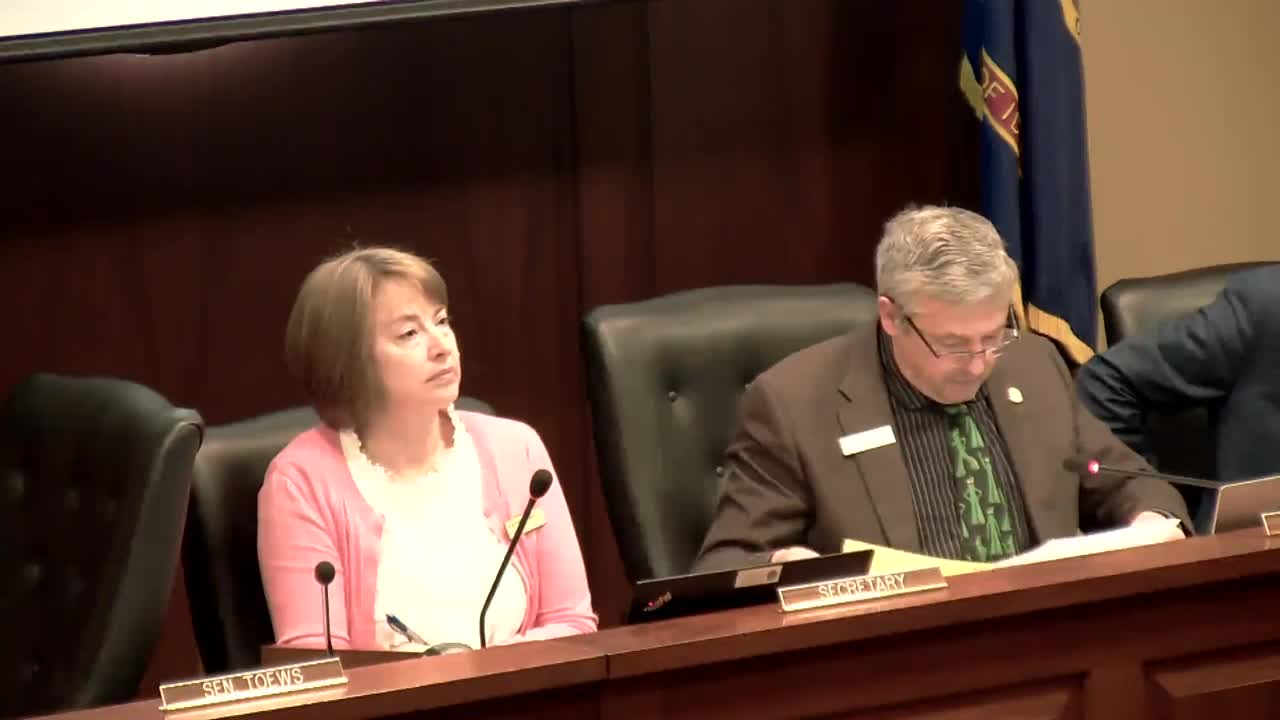Article not found
This article is no longer available. But don't worry—we've gathered other articles that discuss the same topic.

Senate panel sends parental-rights clarification bill to amendment stage after parent raises concerns

Committee advances bill to force divestiture when foreign adversaries own strategic Idaho land near military ranges

